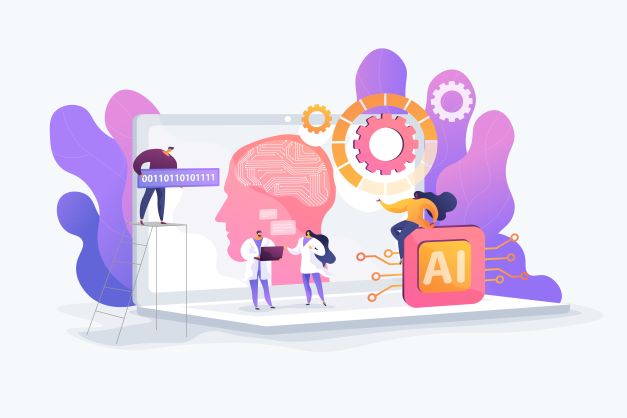Who owns AI created content? I have long thought that this is a battle of artificial intelligence (“AI”) waiting to be fought. A Pandora’s Box waiting to be opened, with contents unable to be contained. Missouri physicist Stephen Thaler has opened the Box and South Africa has said, “Come right in.”
AI Patents in South Africa.
South Africa’s Companies and Intellectual Property Commission issued a patent for the first patent on an invention created by an AI inventor. The patent was filed on September 17, 2019, and granted on July 28, 2021 to Stephen Thaler. The AI developed device is called, “Device for Autonomous Bootstrapping of Unified Sentience” (“DABUS”).
The legal significance of Stephen Thaler filing in South Africa has not gone unnoticed. In South Africa, patent applications are not subject to the same formal scrutiny of the kind found in the United States, Europe, Canada, and other nations. That said, he has attempted to seek patent protection for DABUS in the United States and other jurisdictions. Thus far, his efforts have been futile.
The Board of Appeal (the “BOA”) of the European Patent Office (the “EPO”) issued preliminary communications stating that a patent applicant must have “legal capacity”. There have been appeals of the EPO’s rejection of the DABUS application. The BOA scheduled an oral hearing for December 2021.
The USPTO Speaks about Who Owns AI Created Content.
On July 29, 2019, Mr. Thaler also filed several DABUS family applications with the United States Patent and Trademark Office (the “USPTO”). The USPTO then issued a Notice to File Missing Parts of Nonprovisional Patent Application (the “Notice”). This is a written correspondence from the patent examiner. The Notice generally requires that the applicant address certain deficiencies before an application can move forward. After unsuccessfully petitioning for supervisory review to have the Notice vacated, Mr. Thaler appealed to the U.S. District Court for the Eastern District of Virginia.
In his complaint, among other things, Mr. Thaler asserts:
- No natural person meets the criteria for inventorship under the current statutory and regulatory scheme
- Allowing patents on AI-generated inventions would be consistent with the Constitution and the Patent Act, by incentivizing further development of inventive machines
- Failure to do so allows individuals to take credit for work that they have not done.
This past Spring (2021) oral arguments were heard. Not only are patent lawyers watching for the outcome, but copyright and trademark attorneys as well. The outcome could have far-reaching impact regarding all intellectual property.

Francine D. Ward
Attorney-At-Law, Author, Speaker
Follow Francine:
Don’t miss Francine’s Latest Blogs:
- Sweepstakes ScamsSweepstakes Scams. The Federal Trade Commission (FTC) has settled with several operators of a sweepstakes scam. The scam bilked consumers out of millions of dollars. Included in the settlement agreement,… Read more: Sweepstakes Scams
- Incapacity PlanningIncapacity Planning. Incapacity is an unexpected wrinkle in your estate plan. I am a planner. I make plans, I like making plans, and sometimes my plans go awry. Despite any… Read more: Incapacity Planning
- Publishing contractsPublishing contracts The publishing contract is an agreement that defines the relationship between an author and her publisher. Publishing contracts typically contain elements that speak to territory, rights, ownership, financial… Read more: Publishing contracts
- What is a Habit?As we enter springtime, you may feel far away from your New Year’s resolution. That may be because of the success rate of NYE resolutions. In fact, January 17 is… Read more: What is a Habit?
- Common Contract MistakeCommon Contract Mistake #1. Not Having Written Agreements with EVERYONE You Do Business With. Common contract mistake. Without question, the most common contract mistake is not having the terms of… Read more: Common Contract Mistake











